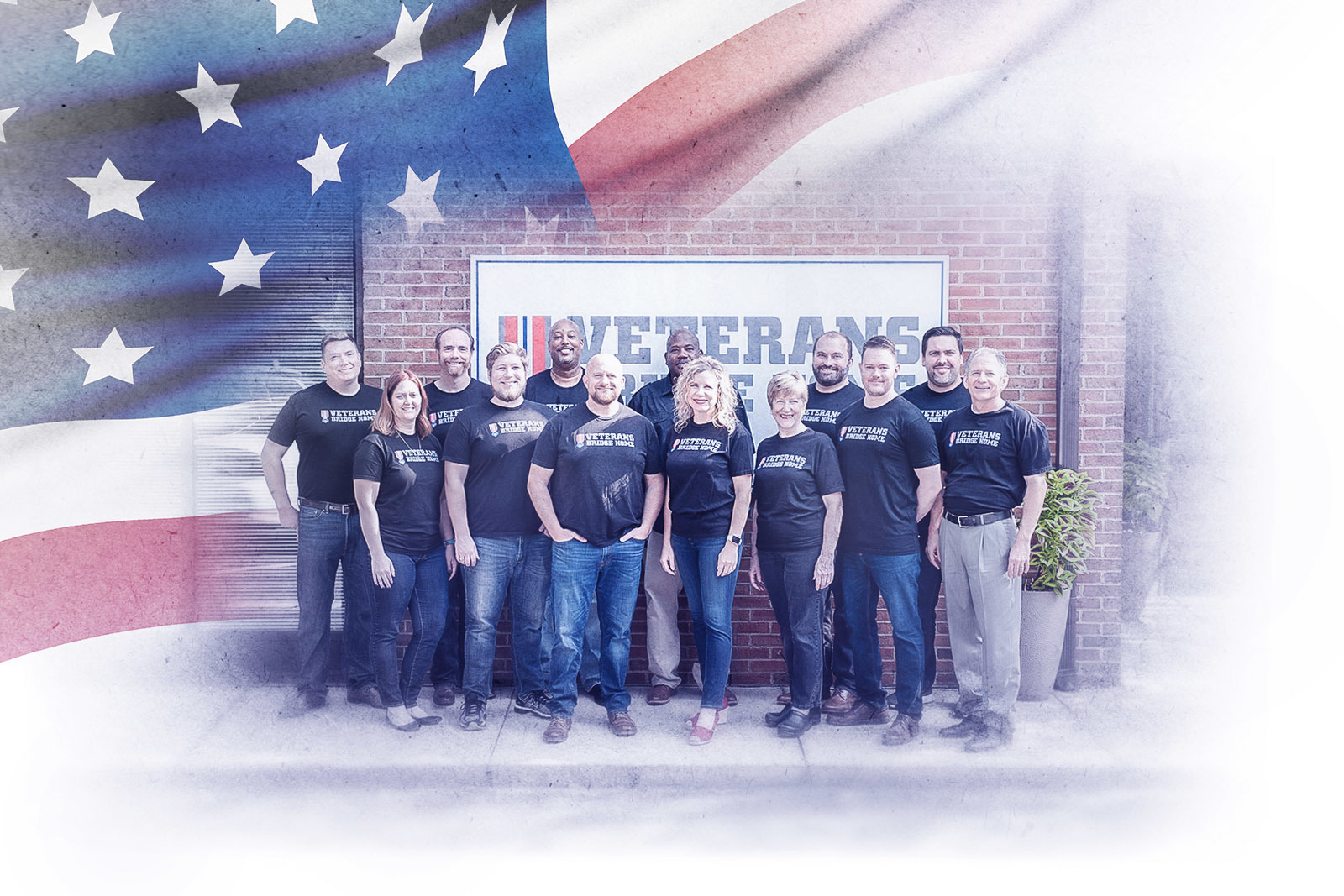The 3-year-old boy taking speech therapy was sometimes hard to understand. But Ronald Williams heard his son Cameron’s question loud and clear.
“He asked if I was going to the store,” said Williams.
The liquor store.
“It cut like a knife,” Williams recalled. “It took something like that happening for me to change.”
Growing up in an abusive household, life was challenging for Williams before he enlisted in the Army in 1985. After his military service ended in 1989, things got worse. Williams battled demons for decades while living in a crime-infested neighborhood. His alcohol and drug abuse strained family relationships as he endured undiagnosed post-traumatic stress disorder.
By 2017, when he and Cameron were outside that liquor store, he knew this time had to be different. Williams was suffering from kidney stones following years of abusing his body.
“I felt like I was going to leave this Earth,” he said. “It was terrible.”
So, Williams turned to a place that helped him before, Veterans Bridge Home, a Charlotte, North Carolina, nonprofit whose mission is to bridge the gap between the needs of veterans and the resources of their communities. A network of 75 nonprofits, 200 employers and 10,000 fellow veterans are always on guard, ready to work with Veterans Bridge Home in delivering understanding, friendship, jobs or other programs depending on the needs of each person served.
Tim Monte of Regions Bank has seen it work.
“I’ve never been in the military, but we’re all people trying to help others” said Monte, market executive for the bank in Charlotte. “Regions does a fair amount to support our Charlotte community – but this was one thing that seemed to be a gap in our service – how we help take care of those who served our country. We wanted to do more.”
Today, they are.
They need someone they can count on.
Blake Bourne, executive director of Veterans Bridge Home
The bank’s Charlotte market expanded its investment in Veterans Bridge Home with a $15,000 donation to help veterans facing eviction. Pre-pandemic, Regions provided free office space at its Uptown facilities for job-readiness classes hosted by Veterans Bridge Home and Patriots Path. And Monte now serves on Veterans Bridge Home’s board of directors.
Williams has turned to Veterans Bridge Home twice for housing assistance. In 2011, he was working but struggling to cover living expenses. With help, he went from renting a room to the entire house.
“I was trying to reconnect with my family,” he said.
Following a 2015 relapse, Williams turned to Veterans Bridge Home again. That’s when he connected with Blake Bourne.
“There was no problem Ronald had that our community couldn’t solve, beginning at the most basic level of need – which is housing,” said Bourne, who serves as executive director of Veterans Bridge Home. “It really starts with being housing-minded first.”
The relationships Veterans Bridge Home has built are vital to addressing those housing needs and more.
 The staff at Veterans Bridge Home connects thousands of Charlotte, North Carolina, military veterans with community resources, programs and employers to help them thrive following their service.
The staff at Veterans Bridge Home connects thousands of Charlotte, North Carolina, military veterans with community resources, programs and employers to help them thrive following their service.
“Partners help us innovate and fill the gaps we see,” said Steve Cole, Veterans Bridge Home’s director of advancement. “We’ll ask our veterans, ‘Where are you being served? Where are you not being served?’ We step back and think, ‘What does this person need next? And what’s next after that?’”
Bourne and Cole have a personal understanding. Both are Army veterans themselves – Bourne served for six years, Cole for 20.
“I can say, ‘I understand exactly what you’ve been through,’” said Cole. “It bridges divides.”
“As former officers, it’s about your soldiers,” added Bourne. “They need someone they can count on.”
Bourne and Cole note the veterans they serve are equally committed to being someone others can count on in return.
In fact, the first thing a veteran often asks is how they can help.
“They tell us, ‘I just want to help someone else. Put me to work. I want to be part of the solution,’” Cole explained.
The Veterans Bridge Home team has worked alongside Williams the past four years, helping him find solutions and a better place. He’s attended Alcoholics Anonymous and Narcotics Anonymous meetings since 2017.
“I’ve worked the programs,” said Williams. “I take medication for my depression and have the tools now that I use to manage when I’m not feeling 100 percent.”
Life looks completely different today for Williams. He’s earned a peer specialist certification to help others facing addiction.
“I’m in a field support role for those who are struggling,” he said. “I want to be an example for them. One of the main things about the job is providing resources. And one of the first I mention is Veterans Bridge Home.”
Williams and his wife also bought their first home. His relationship with his family is better than ever.
“My kids talk to me now; we have fun,” he said of Cameron, now 7, and his 27- and 17-year-old sons and 14-year-old daughter. “They’re proud of me.”
Williams knows he has to keep at it.
“I have my good and bad days,” he shared. “Things were real dark, but I appreciate the small stuff now. I pour myself into my kids.”
For Bourne and Cole, seeing Williams’ progress – and that of thousands of other people – is the most rewarding part of their work.
“We get to see veterans and know it’s not as good as it’s going to get,” said Cole. “It’s going to get better for them.”
That’s because Veterans Bridge Home is focused on ensuring no one who serves is left behind. Others who’ve served are here to help them move forward.